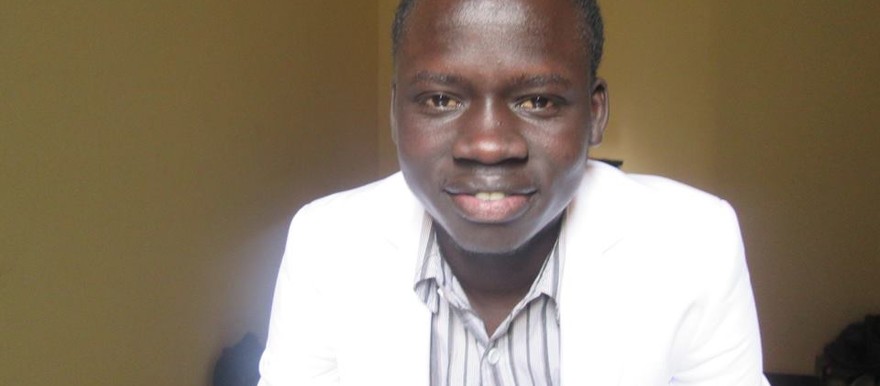The author, the head of the department of peace and reconciliation of the SPLM-IO Youth League Chapter in Egypt, argues that the Nuer and Ugandan members of President Salva Kiir’s coalition may prevent him from signing peace with the rebels. He argues that military means cannot end the civil war.
There is skepticism that a consensus will be reached in Ethiopia if the anticipated round of peace talks under the auspices of the Intergovernmental Authority on Development (IGAD) is successfully launched. The government of President Salva Kiir is under severe pressure from both within and outside the country.
Three things will negatively affect the optimism that a peaceful solution of the current civil war could be reached:
One, General Matthew Puljang’s militias fear any kind of peace agreement that it may change the current environment that they are now the ones in control of Unity. They believe that with the recent victories by their side in southern Unity State and Panakuach, it will be the end of the rebellion, luring Kiir into deep hole that military operation and offensives are the ultimate solution to the war.
Two, Nuer members of Kiir’s cabinet are also not in favor of a peace agreement. It is clear that if a deal is reached, Kiir will kick them out of his cabinet to accommodate the newly appointed SPLM/A-in-Opposition cabinet members. Because of this fact, their advice to Kiir is that they will not accept any peace deal that is not friendly to them even if it means a new rebellion. To that extent, Kiir fears for the fate of his friendship with the Nuer members of his cabinet that they may turn against him after he already brought in the hostile rebels.
Three, the government of Kiir is also under the same pressure from President Yoweri Museveni of Uganda. Museveni fears the installment of Dr. Riek Machar to the government as democratic values and the needs for economic reform which in return affect Uganda both politically and economically will be worked out. So the military solution to the conflict is the first choice of Museveni. Musevni made it clear early that if an arm embargo is forced upon the government of South Sudan, Uganda will on behalf of Juba buy weapons and other military needs. As long as Museveni still plays a dominant role in the region, peace is far from South Sudan.
Military means are not the solution
To both the South Sudanese government and the SPLM/A-In Opposition rebels, military solution is not the durable and absolute solution to the current civil war. The military solution could not be expected even it means the intervention of allies from both sides.
I think we all remember what was said by Museveni in December 2013 that, “we give him (Machar) four days to surrender his guns, and if he fails to comply, we will all go to him and capture him.” Instead of four days, the struggle to apprehend Machar is now going on for almost two years. This must be the lesson we have to learn so to answer the question whether military solution is what will end the war.
The latest victories by Puljang’s militias and armed civilians in both Unity’s southern counties and the main base of the South Sudanese rebels in Panakuach will not be expected by those in government as the end of South Sudan rebels. Not all the allied militias are fighting whole heartedly for President Salva Kiir. The involvement of armed youth in the recent government offensives in Unity state has more to do with economic criteria: cattle raiding motivated the youth and they have already left Unity state. Their withdrawal from the government’s active military operations also weakens the military position of the government in Unity State. The rebels could soon change from defensive to offensive strategy.
Let us negotiate in good faith so we ward off the suffering of our people.
The views expressed in ‘opinion’ articles published by Radio Tamazuj are solely those of the writer. The veracity of any claims made are the responsibility of the author, not Radio Tamazuj.
Photo: Tor Madira Machier, courtesy of the author




